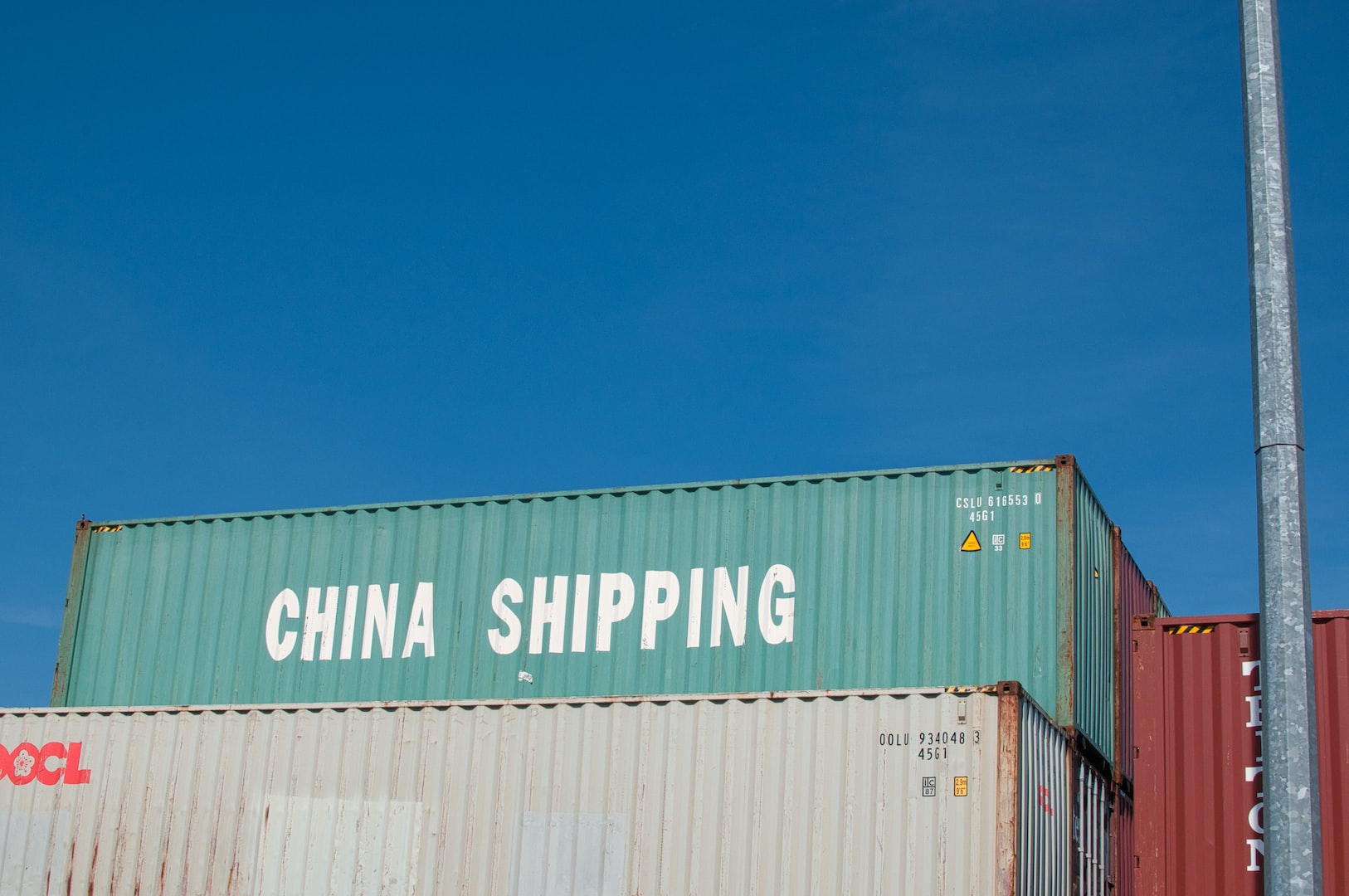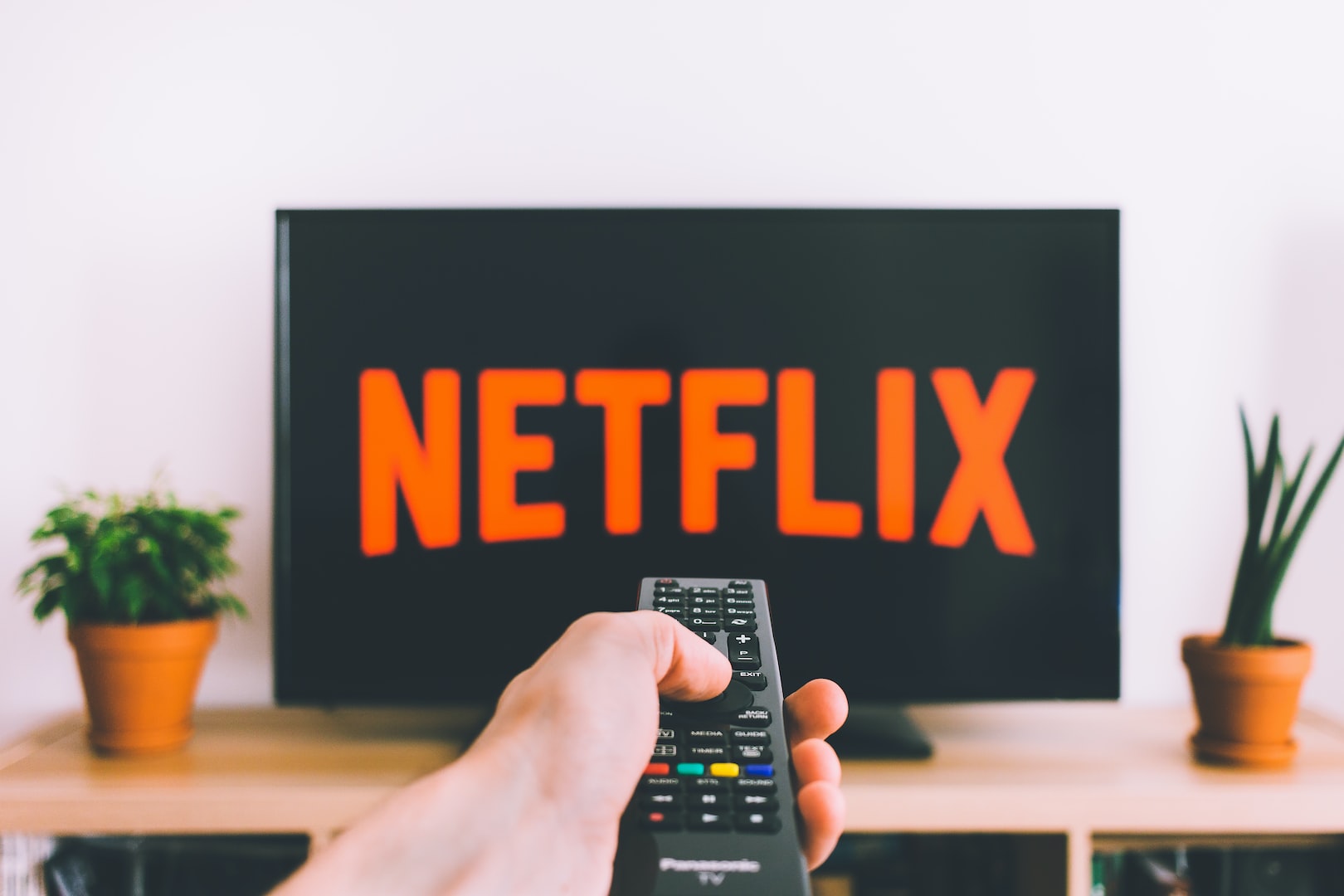
GRANT JOHNSON
Real Reasons for canadians to join the military
Service offers plenty of opportunities and good pay for young Canadians.
This website uses cookies to ensure that you have the best possible experience when visiting the website. View our privacy policy for more information about this. To accept the use of non-essential cookies, please click "I agree"



GRANT JOHNSON
Service offers plenty of opportunities and good pay for young Canadians.

GRANT JOHNSON
Never mind what's going on in the world around you. Go ahead and raise a conservative family.

TARA MURRAY
These three movies are streaming right now and they might be up your alley.